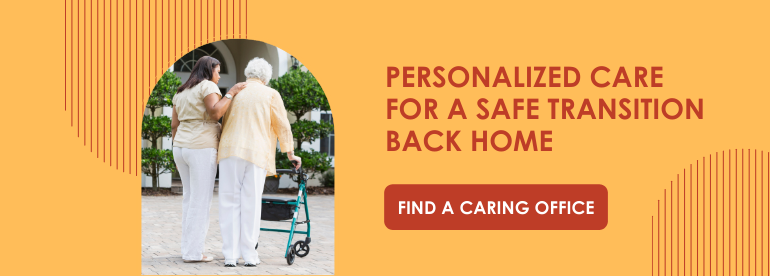Seniors are able to receive skilled rehabilitation services through Medicare, but there are certain requirements that must be met. Becoming familiar with these requirements helps you plan treatment in a way that maximizes the chances of having these services covered, allowing you or your loved one to focus on recovery. Learn more about Medicare and rehab below!
Does Medicare Cover Rehabilitation?
Medicare may cover a senior's rehabilitation in certain conditions. Let's dive into some of the conditions.
Must Be Related to a Qualifying Hospital Stay
To enter a skilled nursing facility (SNF) for rehab, a patient has to have been discharged from a hospital within the past 30 days and have received inpatient treatment for 3 consecutive days or more. The SNF must be Medicare-certified, and the patient must have enough days remaining in the Medicare Part A benefit period to cover treatment.
Rehabilitation is covered for conditions that were treated during the hospital stay or that occurred during an SNF stay for treatment of the original condition. For example, if the patient is in an SNF for recovery from a fracture and suffers a stroke, rehabilitation for the stroke would also be covered.
Must Be Medically Necessary
The condition for which the patient requires rehab must necessitate ongoing treatment by a healthcare professional such as a nurse, a speech-language pathologist, psychologist, or social worker, and a physician must order this care. Medicare requires that the services are reasonable and necessary for diagnosis or treatment of the patient's qualifying condition.
What Types of Rehabilitation Are Covered?
Medicare will pay for rehabilitation from:
- Serious illnesses or injuries
- Strokes
- Fractures
- Spinal cord injuries
- Brain injuries.
Less serious illnesses or injuries may qualify if they are accompanied by other medical conditions or complications. Services that are eligible include physical or occupational therapy, speech and language therapy, or treatment related to orthotics or prosthetics.
Medicare will pay for these therapies even if the patient does not carry a prognosis that will allow him or her to return home to an independent life; this is about improving the quality of the patient's life. For more information about Medicare, check out our blog post: Understanding Each Part of Medicare.


